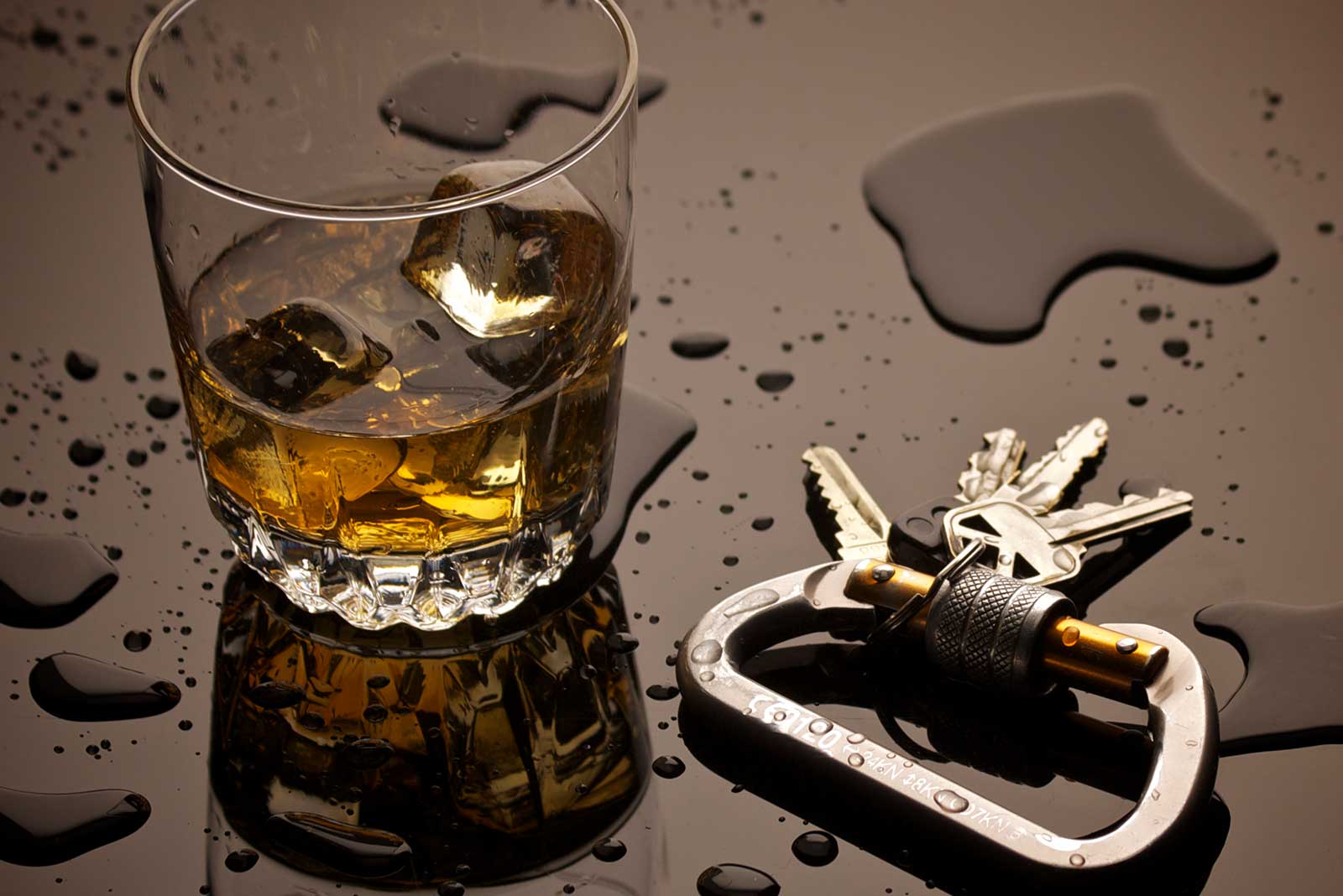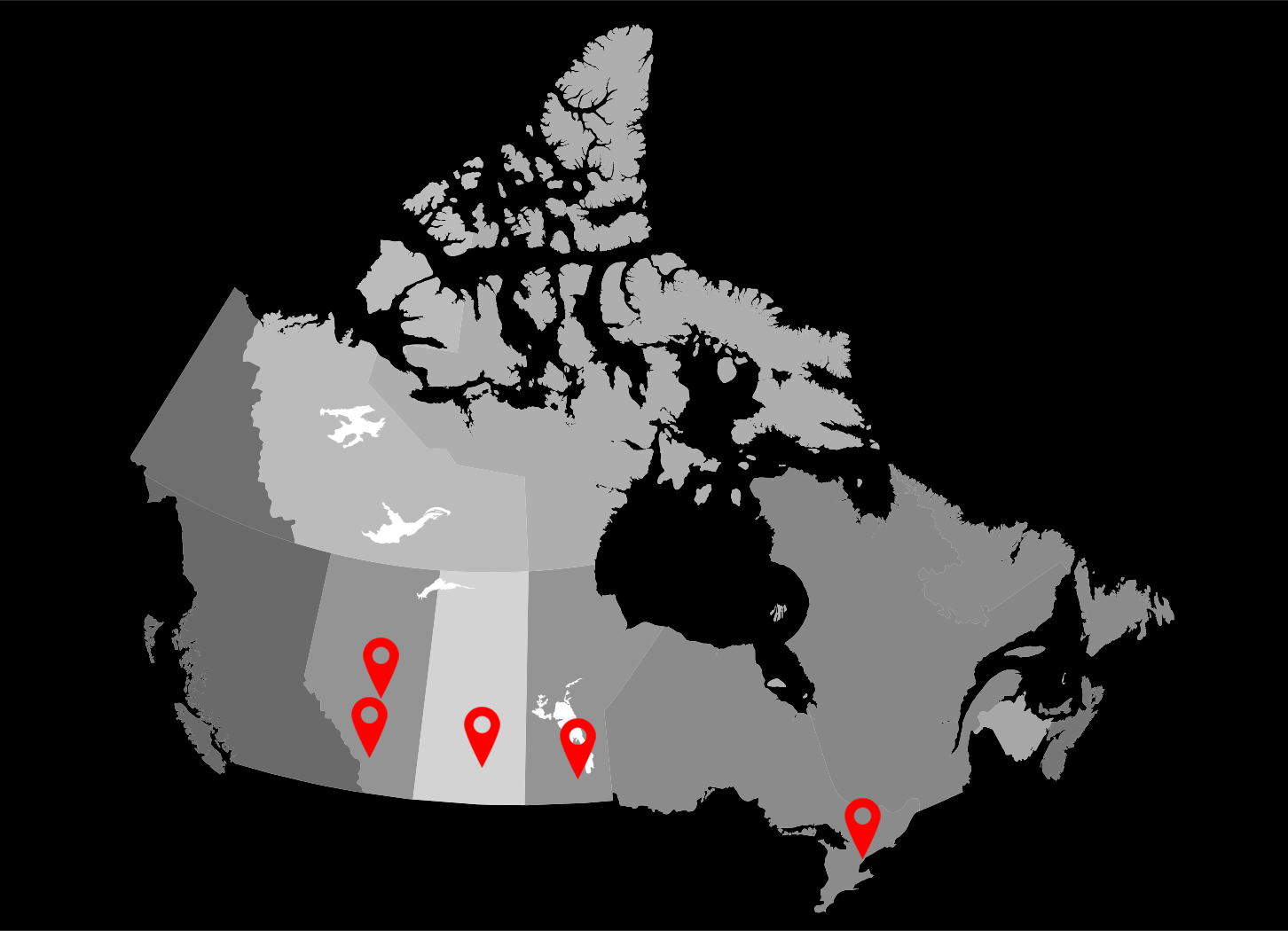CANADA IMPAIRED DRIVING

Canada does not use the term DUI, DWI or driving under the influence for operating a motor vehicle while affected by drugs or alcohol.
Instead, we use the term “impaired driving” – and we have some of the strictest laws in the western world associated with it.
Under the criminal code, anyone found to be operating a vehicle in an impaired way having consumed alcohol or prohibited drugs can face very serious penalties.
What is impaired driving?
Impaired driving is another name for drunk driving or driving under the influence of drugs. It is an entirely separate offence to Driving At or Over 08.
With impaired driving, you do not need to be over the legal limit (0.08 blood alcohol concentration) to be charged with a criminal offence.
The law is outlined in section 320.14(1)(c), (d) of the Criminal Code and states that if your ability to operate a motor vehicle (car, motorcycle, commercial vehicle, etc.) is impaired by alcohol or a drug to some extent, you can be found guilty of this crime.
Even if there is no alcohol in your body, you can be convicted of impaired driving if the consumption of marijuana or prescription medication impaired your driving.
While this may seem like quite a straightforward definition, impaired driving cases can be complex and many outcomes hinge on technicalities.
For a conviction, the prosecution must demonstrate clear signs of impairment while driving – rather than just the smell of alcohol on the breath, slurred speech or bloodshot eyes, for instance.
Often, evidence can be called into question. That is why it’s important never to simply accept the charge. As you will see below, the penalties for a conviction can be harsh and have far-reaching consequences.
Furthermore, certain penalties can be applied up to two hours after the act of driving in some parts of Canada. In provinces with an immediate roadside sanctions (IRS) program, it is enough for a law enforcement officer to simply suspect that your driving was impaired to immediately suspend your licence.
What are the prohibited levels?
As well as the impaired driving charge, you could face a separate charge of being over the legal limit for alcohol, cannabis, or other drugs as set by the Canadian government.
The level can be measured up to two hours after driving. The limits are set as follows:
Alcohol
The prohibited blood-alcohol concentration (BAC) is 80 milligrams or more (mg) of alcohol per 100 millilitres (ml) of blood.
For most provinces, a zero BAC level applies for new drivers, young drivers and commercial drivers. If you belong to one of these classes and are found operating a vehicle with any alcohol in your blood, you will be charged with being over the legal limit.
Cannabis (THC)
THC is the main psychoactive component of cannabis. If you are found operating a vehicle with between 2 nanograms (ng) and 5 ng of THC per ml of blood, you will be charged with an offence.
If you are found with 5 ng of THC or more per ml of blood, you will be charged with a more serious offence.
Alcohol and THC combined
When measured in combination, as is often the case, the prohibited levels of alcohol and cannabis are 50mg or more of alcohol per 100ml blood and 2.5 ng or more of THC per ml of blood.
Other drugs
Under our impaired driving laws, there is zero-tolerance for having the following prohibited drugs in your system within two hours of driving:
- LSD
- Psilocybin
- Psilocin (“magic mushrooms”)
- Ketamine
- PCP
- Cocaine
- Methamphetamine or
- 6-mam (a metabolite of heroin)
In the case of GHB, 5mg or less per litre of blood is permitted as the body can naturally produce low levels of this drug.
Penalties associated with impaired driving
We have some of the harshest penalties in the world for impaired driving – up to life imprisonment in extreme cases.
Because public safety is threatened by impaired drivers, there is little appetite for leniency within the Canadian justice system. In fact, there are minimum sentences applied in almost all cases.
That’s why the advocacy of an experienced impaired driving lawyer can be critical in influencing the outcome of your case.
In all likelihood, if you are tried and convicted, the penalty you face will depend on the level of alcohol or prohibited drugs found in your system, whether it is your first or a repeated offence, and whether another person was injured or killed as a result of your actions.
Following is an outline of the penalties handed down for alcohol-impaired driving, drug-impaired driving or a combination of alcohol and drug-impaired driving in Canada:
- 1st offence: Mandatory minimum $1000 fine; Maximum 10 years imprisonment
- 2nd offence: Mandatory minimum 30 days imprisonment; Maximum 10 years imprisonment
- 3rd offence: Mandatory minimum 120 days imprisonment; Maximum 10 years imprisonment
Fines increase according to the BAC level measured, with elevated levels above the legal limit of 0.08 incurring up to $2,000 in fines rather than the minimum $1,000.
The refusal to comply with a demand for a sample is also a criminal offence and is treated just as harshly:
- 1st offence: Mandatory minimum $2000 fine
- 2nd offence: Mandatory minimum 30 days imprisonment; Maximum 10 years imprisonment
- 3rd offence: Mandatory minimum 120 days imprisonment; Maximum 10 years imprisonment
A charge for impaired driving that causes bodily harm is considered even more serious. It can be treated as a summary or indictable offence.
For a summary conviction, there is a maximum of two years in prison less a day while an indictment has a maximum prison term of 14 years.
If death is caused due to an impaired driving offence, you could face up to life imprisonment.
Do you need legal advice about an impaired driving charge in Canada?
If you are charged with an impaired driving offence in Canada, your immediate rights and freedoms are in danger, as well as your driving privileges.
Speak to experienced impaired driving lawyer Alan Pearse for a free evaluation of your case. It may save you from a lengthy license suspension, a fine, and a criminal conviction.
GET A FREE
CONSULTATION

